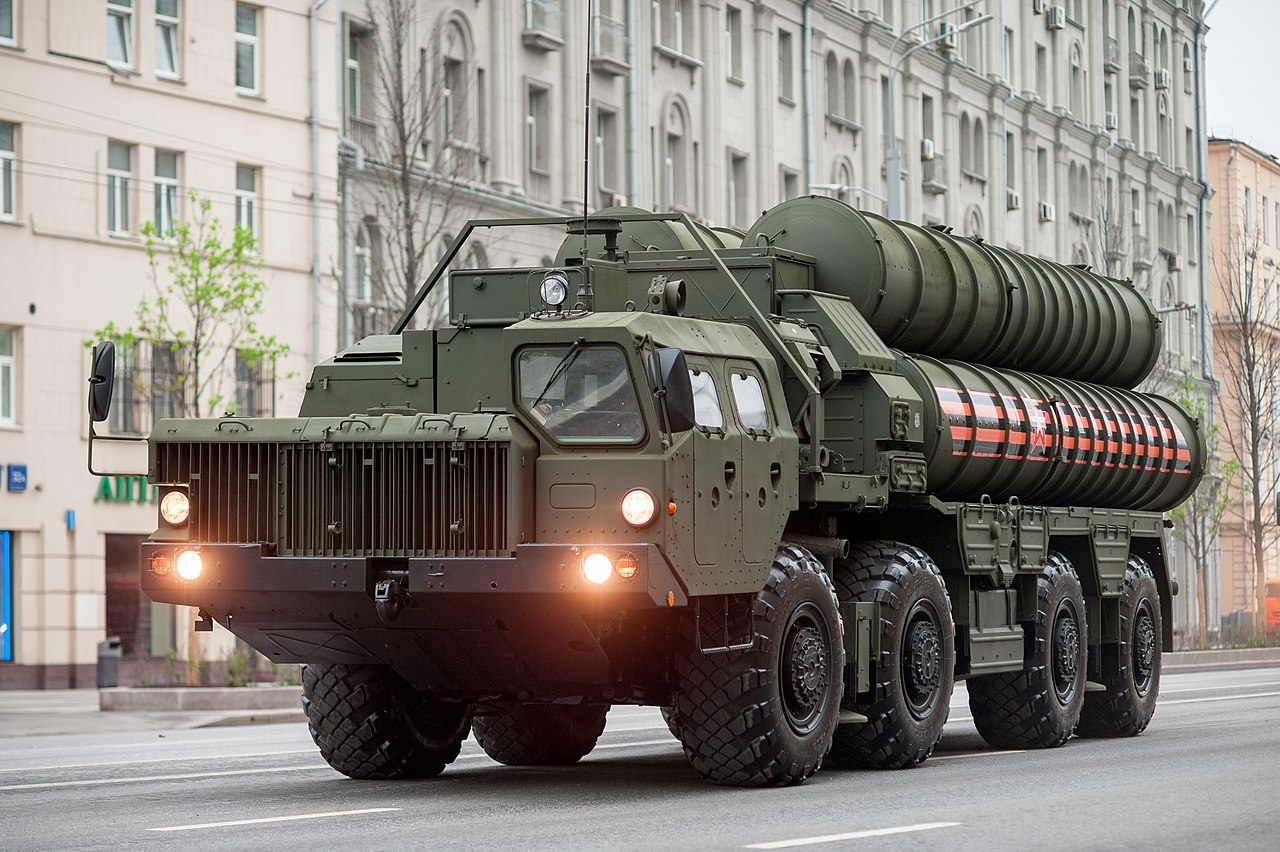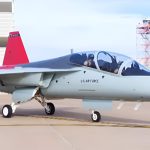Turkey’s former State Minister Cavit Çağlar, known for his crucial role as a mediator in the crisis of the downed Russian Su-24M aircraft in 2015, expressed his opinion on the controversial acquisition of Russia’s S-400 anti-aircraft defense systems. In a recent interview by digital newspaper T24, Çağlar suggested that Turkey could sell these systems to interested buyers, assuring that Russia would understand this decision.
Cavit Çağlar’s Historical Perspective and Diplomatic Role
Cavit Çağlar is a prominent figure in Turkish politics, particularly during the years of the Süleyman Demirel administration (President of Turkey between 1993 and 2000). In addition to his influence in domestic politics, Çağlar played an essential diplomatic role in resolving international tensions. In 2015, following the downing of a Russian Su-24M fighter-bomber by Turkish F-16 jets on the Syrian border, Çağlar used his network of contacts in the former Soviet Union to facilitate a rapprochement between Turkey and Russia. His efforts earned him in 2017 the medal of the State Order of Friendship of the Russian Federation, awarded by President Vladimir Putin.
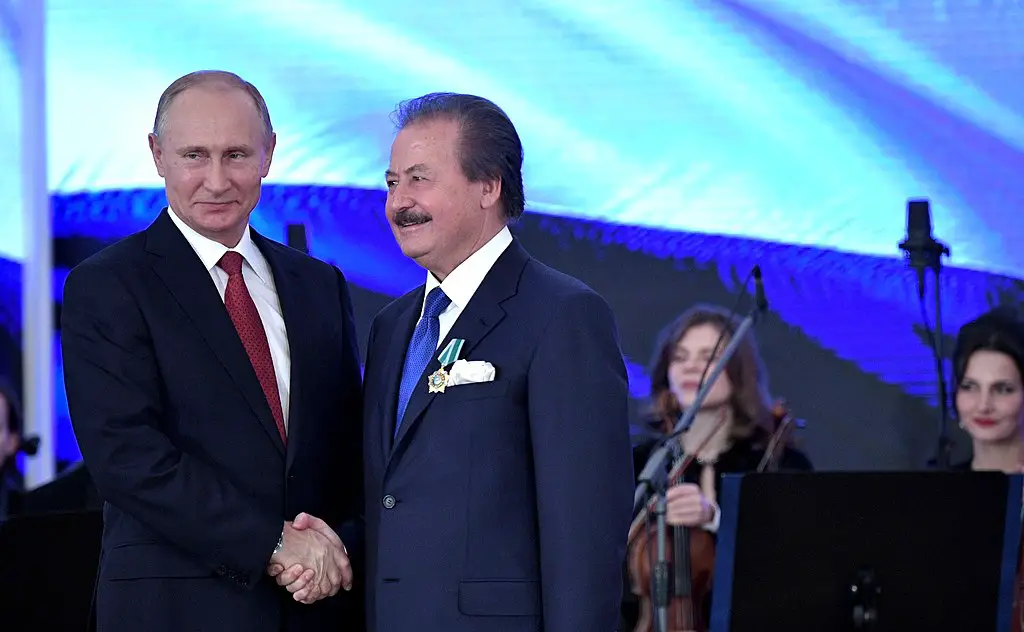
S-400 purchase, a storm without lightnings
Turkey is one of the original members of the JSF program (since 1999), which resulted in the first exportable fifth-generation stealth fighter. Ankara had intended to acquire a hundred F-35 Lightning II fighters, but those plans were shattered when it decided to also purchase the S-400 long-range air defense system from Russia.
After years of negotiations and despite Washington’s threats, Turkey went ahead with the S-400 acquisition, which resulted in its eventual expulsion from the F-35 program and the imposition of military and economic sanctions, which did little to affect Ankara’s resolve.
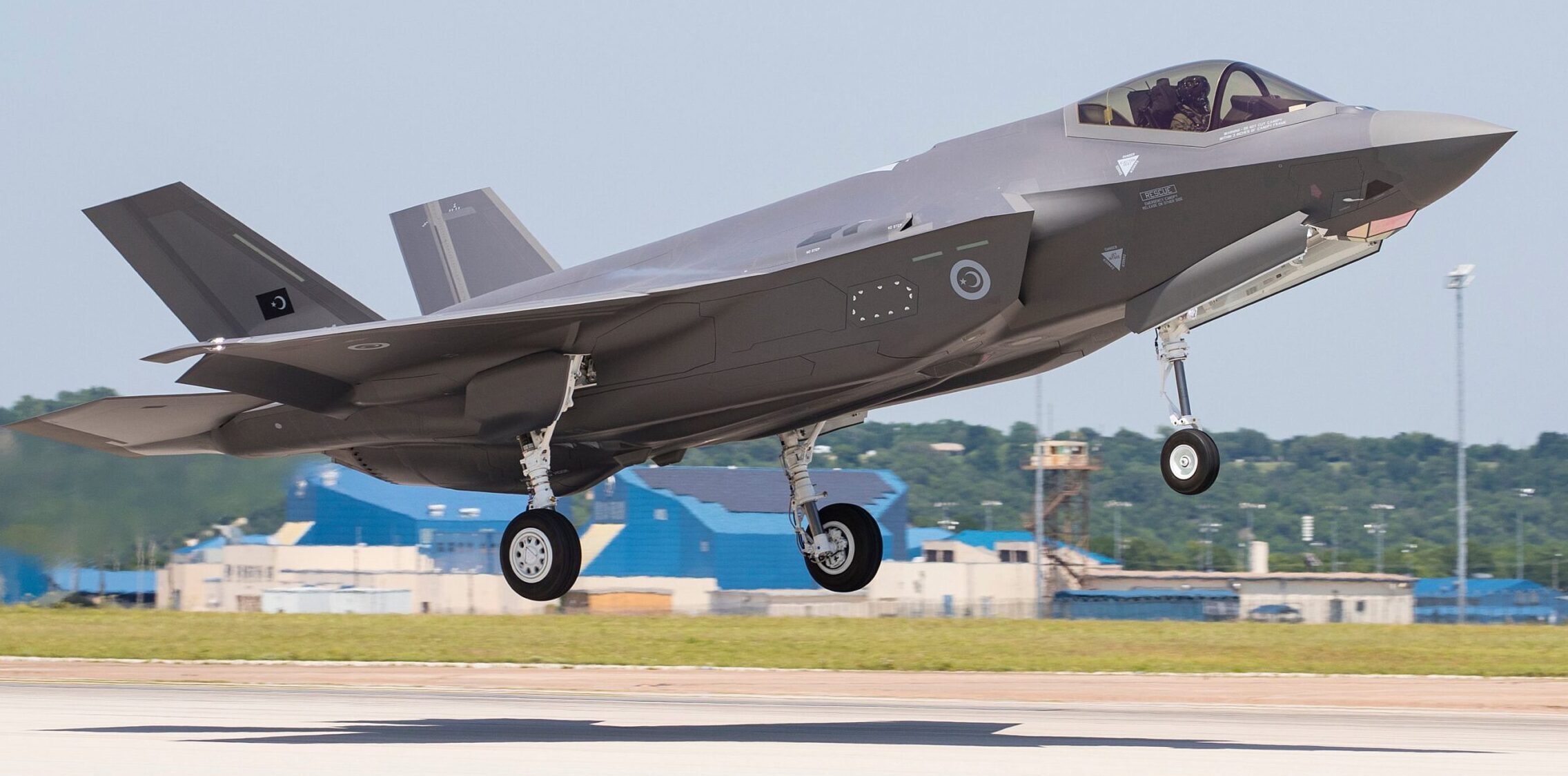
But over time, the positions of Ankara and Washington have moved closer, taking advantage of Turkey’s strategic location on NATO’s eastern flank. Its strong relations with Moscow make it a key interlocutor for both blocs, facilitating mediation and dialogue in times of high volatility such as the present.
Even in February this year, Victoria Nuland, number two at the US State Department said in an interview to CNN Türk that if Turkey «solves the S-400 problem,» they could rejoin the F-35 program.
Turkey had plans to procure up to three S-400 anti-aircraft battalions and manufacture part of the components locally, but deliveries were suspended after two batteries were received, mainly because NATO commanders oppose their use in joint operations. There is great concern about the possibility of Russia gaining access to sensitive information on NATO capabilities through this system.
Çağlar’s view
According to Çağlar, the S-400s are not being used and if they were to get rid of them, it could speed up deliveries of F-16 Block 70s, Viper modernization kits and would allow the F-35s to be procured.
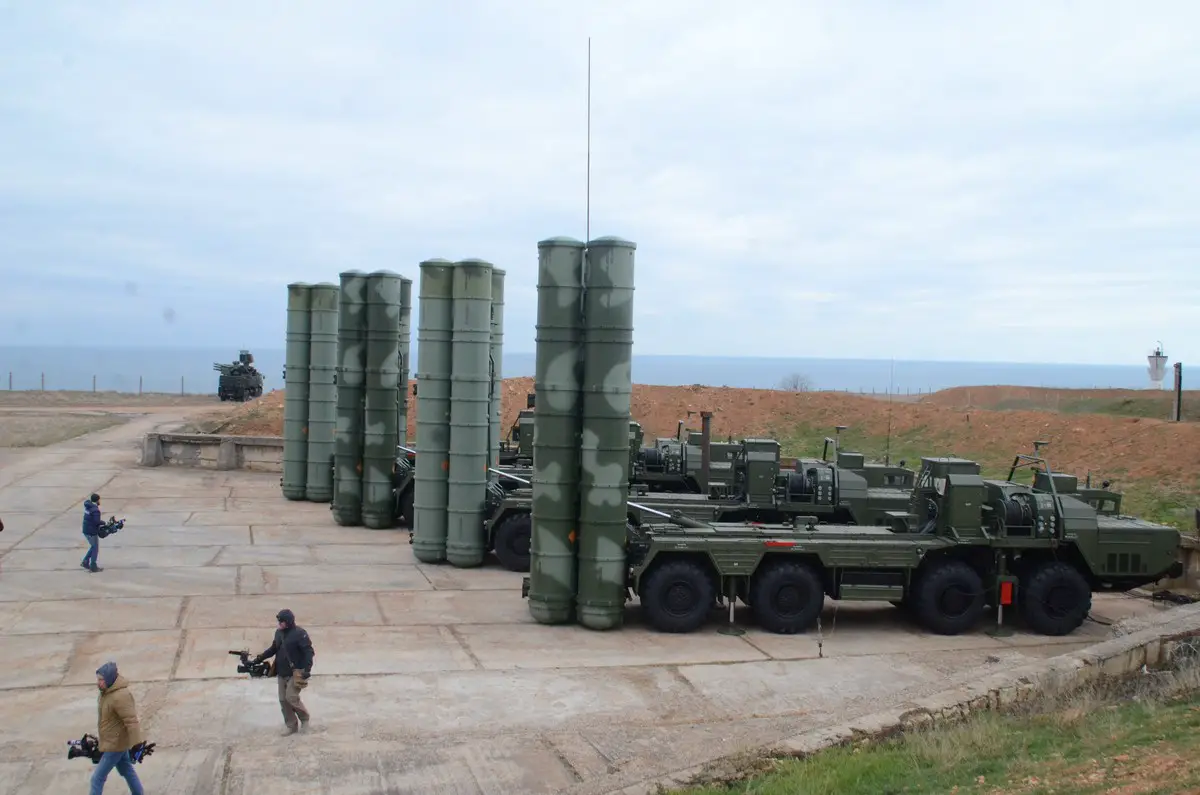
See also: U.S. approves long-awaited F-16 sale to Turkey after Ankara allows Sweden to join NATO
In his remarks, Çağlar was clear about his position on the S-400s: «If it were up to me, I would get rid of them. We already have interested buyers and Russia would understand our position.» Pakistan and India were named as nations interested in acquiring the Turkish S-400 missile battery. A sale to a third country, not involved in the ongoing Russian-Ukrainian war, is the only viable option for Turkey, which does not want to burn bridges with either Moscow, Brussels or Washington.
The statements made by this heavyweight of Turkish diplomacy could be part of a possible strategy by Ankara to ease tensions with its Western allies, especially with the United States.

